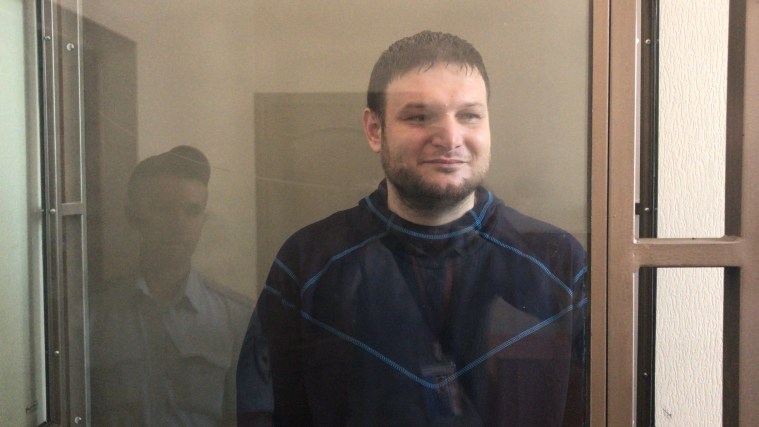Berlin, September 13, 2024—Ahead of Crimean journalist Remzi Bekirov’s next expected hearing on October 2, CPJ expressed concern at reports that Russian prison authorities are harassing him with strict scrutiny and placements in solitary confinement.
Bekirov, who is an ethnic Crimean Tatar from Ukraine’s Russian-occupied region of Crimea, was a correspondent for independent Russian news website Grani and reported on Russian authorities’ raids and trials of Crimean Tatars for Crimean Solidarity’s YouTube channel before he was sentenced to 19 years in prison in March 2022.
“The harsh treatment of Remzi Bekirov in prison is indicative of the plight of jailed Crimean Tatar journalists whom Russian authorities punish with lengthy prison terms on fabricated terrorism charges in retaliation for their reporting on human rights abuses in the occupied Crimea,” said Gulnoza Said, CPJ’s Europe and Central Asia program coordinator, in New York. “Russian authorities must immediately release Remzi Bekirov and all other jailed Ukrainian journalists and ensure their safe return to their homeland.”
Bekirov is imprisoned at a penal colony in Russia’s southern Siberia region of Khakassia on charges of organizing the activities of a terrorist organization and “preparing for a violent seizure of power,” according to his lawyer, Emil Kurbedinov, who spoke to CPJ, and Crimean Solidarity, a human rights organization that reports on politically motivated cases. The IK-33 colony is located in the region’s capital, Abakan, more than 4,000 km from his home in Ukraine’s Crimea.
Bekirov “receives heightened scrutiny,” including strict monitoring of his correspondence, regular cell searches, and being placed in solitary confinement five times since his transfer to IK-33 in August 2024, Kurbedinov told CPJ, adding that Bekirov was in solitary as of September 13.
CPJ’s email to the press office of Russia’s Federal Service for the Execution of Punishments requesting verification and details about Bekirov’s treatment did not receive a response. CPJ’s call to the Crimean branch of the Russian Ministry of Interior did not go through.
Kurbedinov said Bekirov appeared particularly frightened during their recent meeting, which a prison administrator monitored. Kurbedinov said Bekirov’s detention far from Crimea is harmful and “intentional,” making visits from family and attorneys difficult.
Since Russian authorities cracked down on independent media in Crimea after annexing the peninsula in 2014, many have engaged in “citizen journalism,” particularly focused on human rights issues affecting Crimean Tatars.
